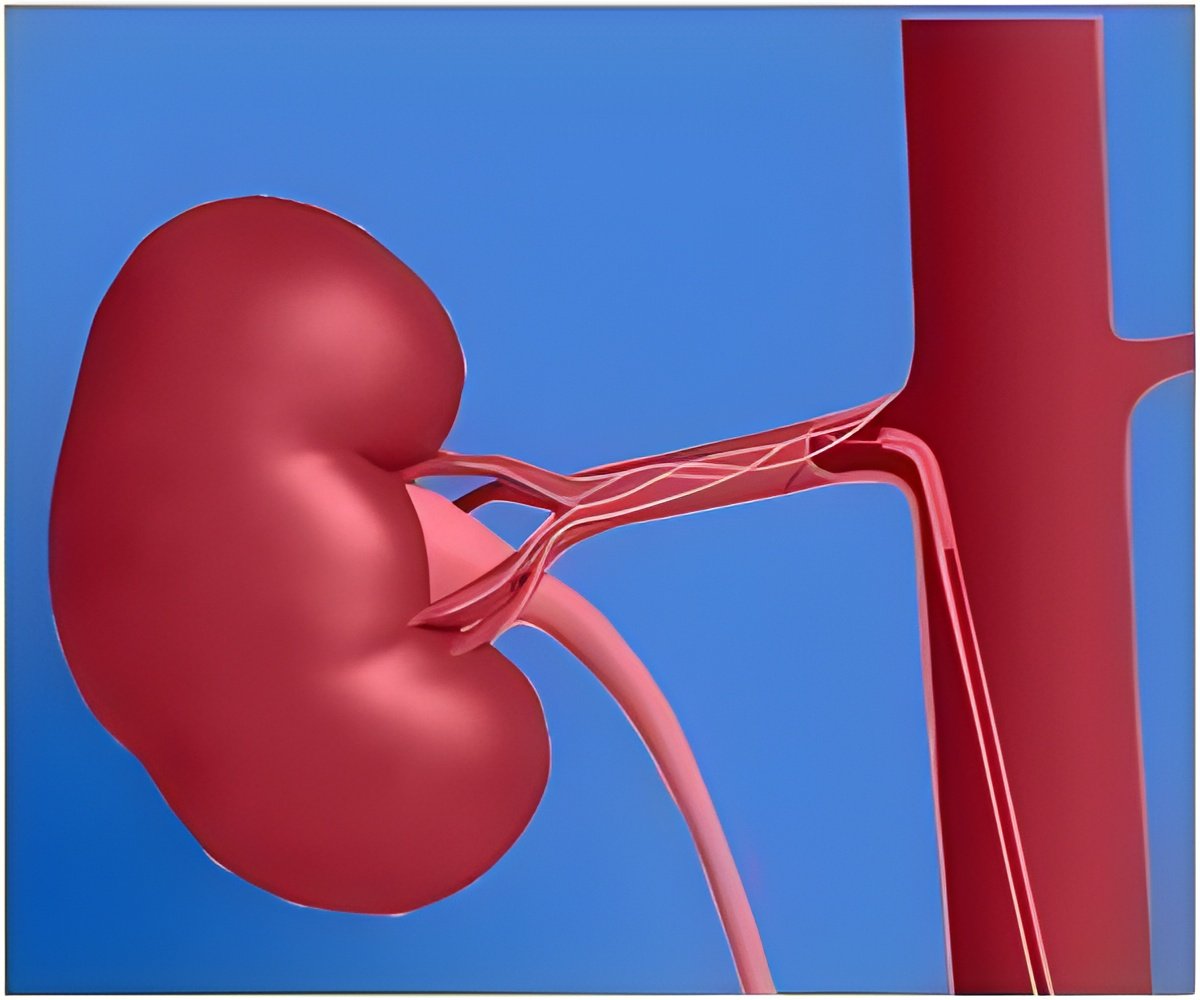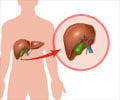An article in CMAJ has found that aboriginal children with kidney failure were less likely to receive a kidney transplant compared to white children.

The study, by researchers from the University of Calgary, the Alberta Children's Hospital, McGill University, the Montréal Children's Hospital, University of Alberta and the Stollery Children's Hospital, consisted of 843 children who began treatment for kidney failure between 1992 and 2007. It included children in 9 of 10 Canadian provinces and all three territories. Of the 843 patients, 12% were Aboriginal and 62% were white children. Aboriginal children had more immune mediated kidney diseases compared to white children. White children had more congenital kidney diseases compared to Aboriginal children.
During the study period, 67.3% of Aboriginal children and 86.8% of white children received kidney transplants. The median time on dialysis before transplantation for Aboriginal children was 1.75 years compared with 0.75 years for white children.
"The time from start of renal replacement treatment to first kidney transplant was longer among Aboriginal children than among white children," writes author Dr. Susan M. Samuel, Department of Pediatrics, Faculty of Medicine, University of Calgary and Alberta Children's Hospital, with co-authors.
"Aboriginal children were 46% less likely to receive a transplant from any source than were white children with the same time elapsed since start of dialysis," write the authors. "In addition, fewer Aboriginal children had pre-emptive transplants [5.8% Aboriginal, 20% white]" — that is transplantation before undergoing dialysis. Aboriginal children were 64% less likely to receive a living donor kidney transplant and 38% less likely to receive a deceased donor kidney transplant compared with white children.
The lower transplantation rate for Aboriginal children may be due to lower rates of living kidney donation by Aboriginal donors, or a slower process of transplant work-up or delay in initiation of transplant assessment for Aboriginal children. . Various determinants of living donation, including awareness of organ donation in Aboriginal communities, medical suitability of relatives for living donation, and culturally based perspectives influencing organ donation need to be addressed for children.
Advertisement
Advertisement













